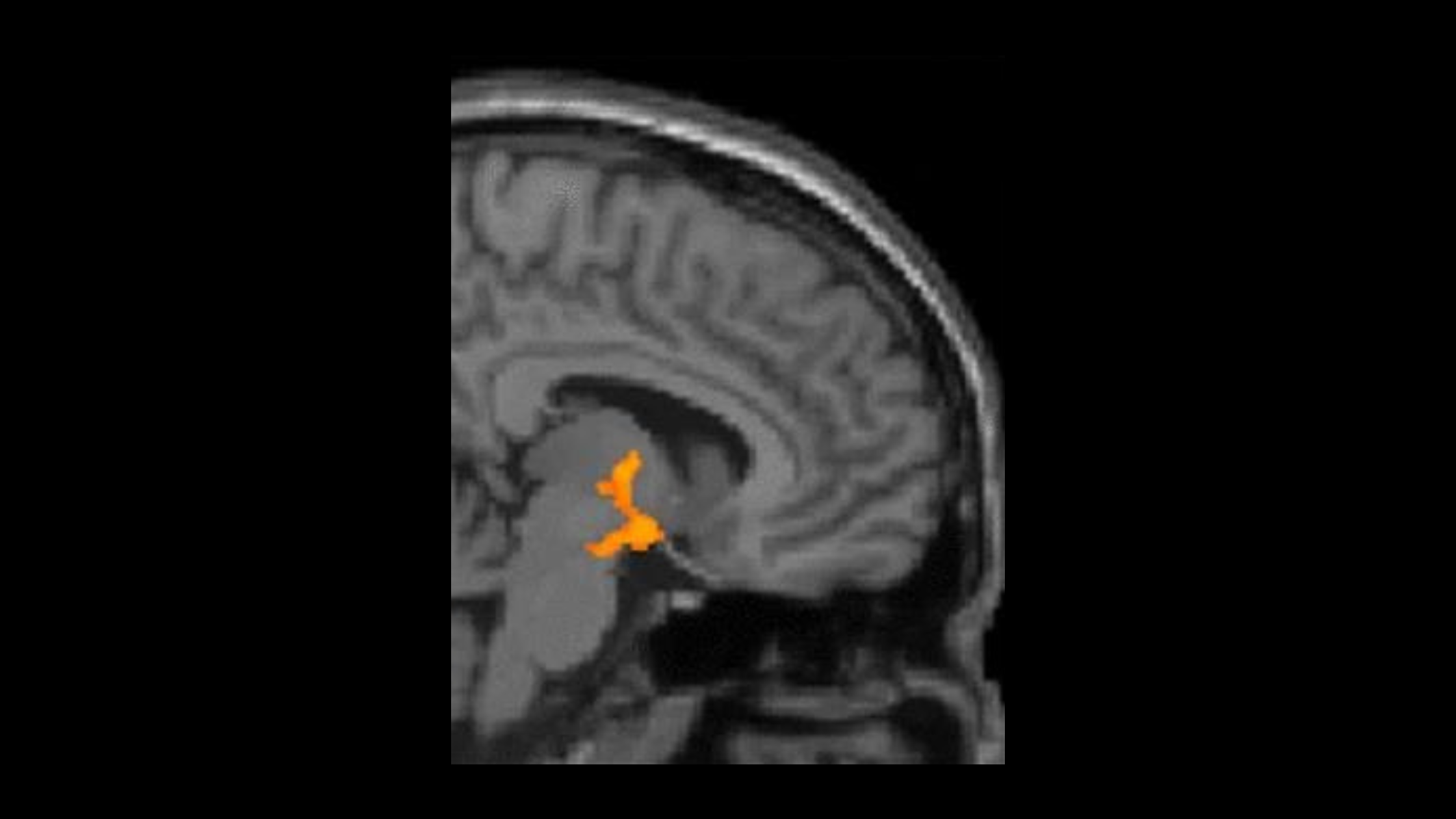
The hypothalamus plays a vital role in hormone production, regulating essential bodily functions such as heart rate, metabolism, and reproduction. Hypothalamic inflammation has been shown to critically impact aging and age-related diseases in rodents. However, its effect on humans has not been measured until now. In a Scientific Reports study led by Weill Cornell Medicine investigators, research findings suggest that only women, not men, show an increasing inflammation in the hypothalamus as they age.
The investigators used Positron Emission Tomography (PET) with a radiotracer sensitive to the translocator protein (TSPO) expressed by activated microglia to examine a group of healthy adults, focusing on the relationship between the subjects’ age and regional brain TSPO. When the results for men and women were examined separately, the stark difference in hypothalamic inflammation served as a potential clue to why women but not men experience loss of fertility in mid-life. “Our results suggest a role for hypothalamic inflammation in menopause could have implications for understanding and perhaps altering reproductive aging in women,” stated first author Dr. Tracy Butler, associate professor of neurology in radiology and psychiatry in the Department of Radiology's Brain Health Imaging Institute. “Menopause is a time when risks of age-related diseases like Alzheimer’s Disease increase dramatically for women.”
Attempts to decrease this risk by administering ovarian hormones (e.g., estrogen and progesterone) through traditional hormone replacement have been met with limited success. Currently, Dr. Butler and colleagues are conducting a clinical trial called LUCINDA to test the effectiveness of administering a hypothalamic hormone, gonadotrophin-releasing hormone (GnRH), in post-menopausal women with memory problems. GnRH is produced by cells in the hypothalamus, which have been shown in animal studies to be uniquely susceptible to damage from hypothalamic inflammation.
“While human PET imaging studies cannot resolve whether hypothalamic inflammation is focused in GnRH cells, our findings serve as an important translational link between human imaging and animal studies,” said Dr. Butler. “Hypothalamic inflammation could be a biomarker or therapeutic target in aging and age-related diseases that is especially relevant in women.”
